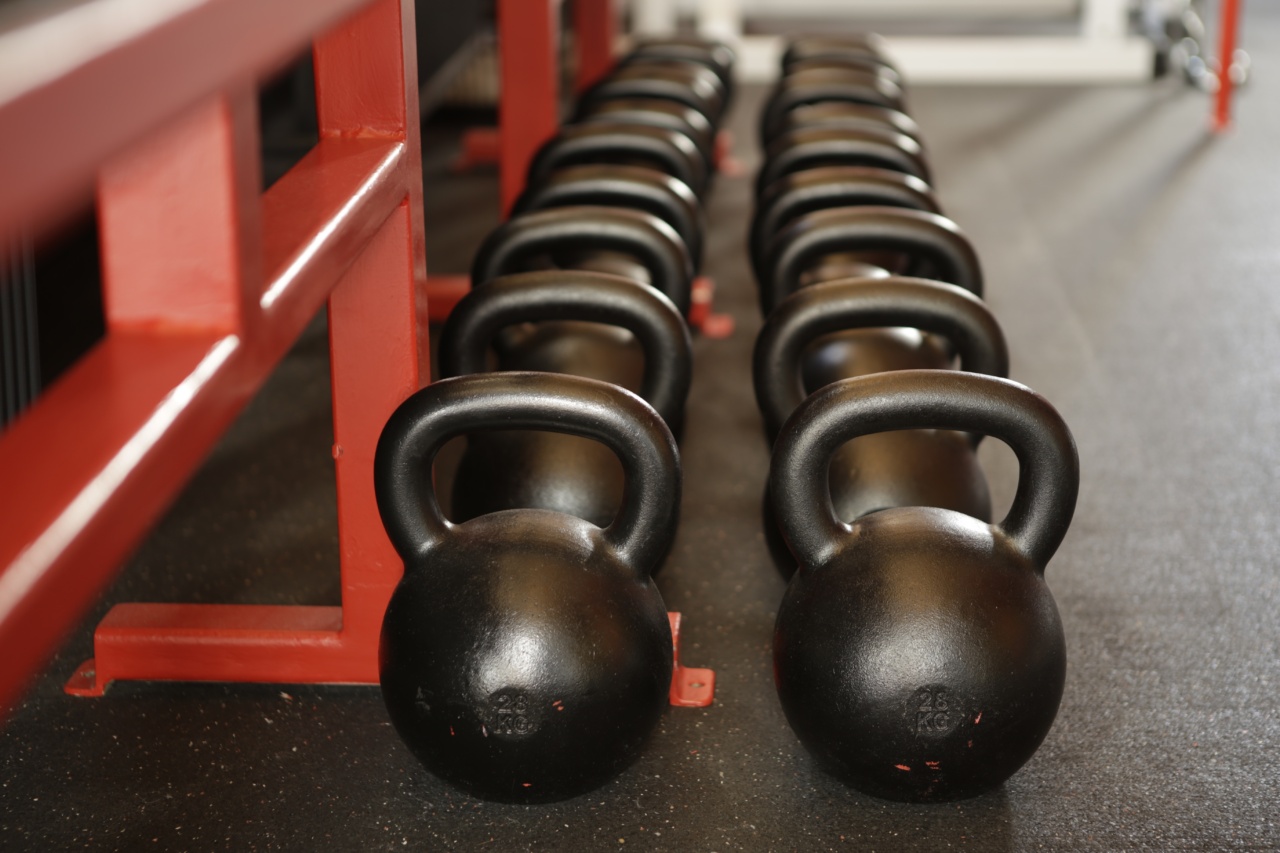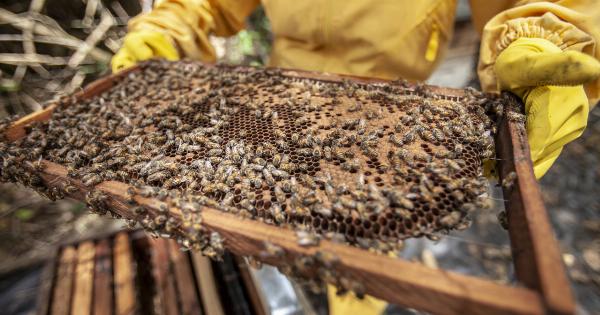Bee pollen is a natural ingredient that many people are using to promote their health and wellbeing. It’s a nutrient-rich substance that comes from the pollen that bees collect from flowers.
As a food source, bee pollen has been used for centuries by humans. It contains proteins, carbohydrates, vitamins, minerals, and antioxidants that can help support overall health.
In this article, we’ll explore the unique health benefits of bee pollen and how you can harness its power to improve your wellbeing.
What is Bee Pollen?
Bee pollen is a mixture of flower pollen, nectar, enzymes, and bee secretions that bees collect and store in their hives. It’s considered a superfood because it’s packed with essential nutrients, including:.
- Proteins
- Carbohydrates
- Fatty acids
- Amino acids
- Minerals
- Antioxidants
- Vitamins
In fact, bee pollen contains more than 250 nutrients, making it a highly nutritious food supplement.
Health Benefits of Bee Pollen
Here are some of the unique health benefits that bee pollen can offer:.
1. Immune System Support
Bee pollen has immune-boosting properties that can help strengthen your body’s natural defenses. It contains antioxidants, bioflavonoids, and enzymes that can help fight off harmful pathogens.
Bee pollen has been used traditionally to treat respiratory diseases, allergy symptoms, and other immune-related disorders. Studies have shown that bee pollen can help suppress inflammatory responses in the body, which is beneficial for people with autoimmune diseases.
It can also help stimulate the production of white blood cells, which are critical for fighting off infections.
2. Energy Booster
Bee pollen is a natural energy booster that can increase endurance and stamina. It’s rich in carbohydrates, which can provide a sustained release of energy throughout the day.
Bee pollen also contains B-vitamins and iron, which are essential for energy production in the body. Athletes and fitness enthusiasts often use bee pollen supplements to improve their performance and speed up recovery time after workouts.
3. Skin Health
Bee pollen can help improve skin health and promote a youthful appearance. It’s rich in antioxidants, which can help protect the skin from damage caused by environmental factors such as UV rays and pollution.
Bee pollen also contains vitamins and minerals that can help nourish the skin and promote collagen production. Collagen is the protein that gives skin its elasticity, and adequate collagen production can help reduce the appearance of fine lines and wrinkles.
4. Digestive Health
Bee pollen contains enzymes that can help promote healthy digestion. Enzymes are critical for breaking down food in the stomach and intestines, making it easier for the body to absorb nutrients.
Bee pollen can also help regulate bowel movements and reduce inflammation in the digestive tract, which can be beneficial for people with gastrointestinal disorders such as Irritable Bowel Syndrome (IBS).
5. Allergy Relief
Bee pollen can help alleviate allergy symptoms such as runny nose, sneezing, and watery eyes. It contains small amounts of pollen, which can desensitize the body to allergens over time.
This process is known as immunotherapy and is often used by people with seasonal allergies. However, it’s important to note that bee pollen can also trigger severe allergic reactions in some people, especially those with pollen allergies.
6. Weight Management
Bee pollen can help support weight management by regulating metabolism and reducing inflammation in the body. It contains lecithin, which can help improve fat metabolism and aid in weight loss.
Bee pollen also contains phenylalanine, an amino acid that suppresses appetite and reduces cravings for sugary or fatty foods.
How to Use Bee Pollen
Bee pollen is available in various forms, including tablets, capsules, granules, and raw honey. Here are some tips on how to use bee pollen:.
- Start with a small dose and gradually increase it over time to avoid allergic reactions.
- Use bee pollen as a dietary supplement, and not a replacement for whole foods.
- Store bee pollen in a cool, dry place away from direct sunlight.
- Mix bee pollen granules into smoothies, yogurt, or oatmeal for a nutrient boost.
- Take bee pollen supplements with water or food.
Conclusion
Bee pollen is a nutrient-rich superfood that offers numerous health benefits. It can help boost the immune system, increase energy levels, improve skin health, support healthy digestion, alleviate allergy symptoms, and aid in weight management.
By incorporating bee pollen into your diet and lifestyle, you can harness its unique healing power to improve your overall health and wellbeing.






























